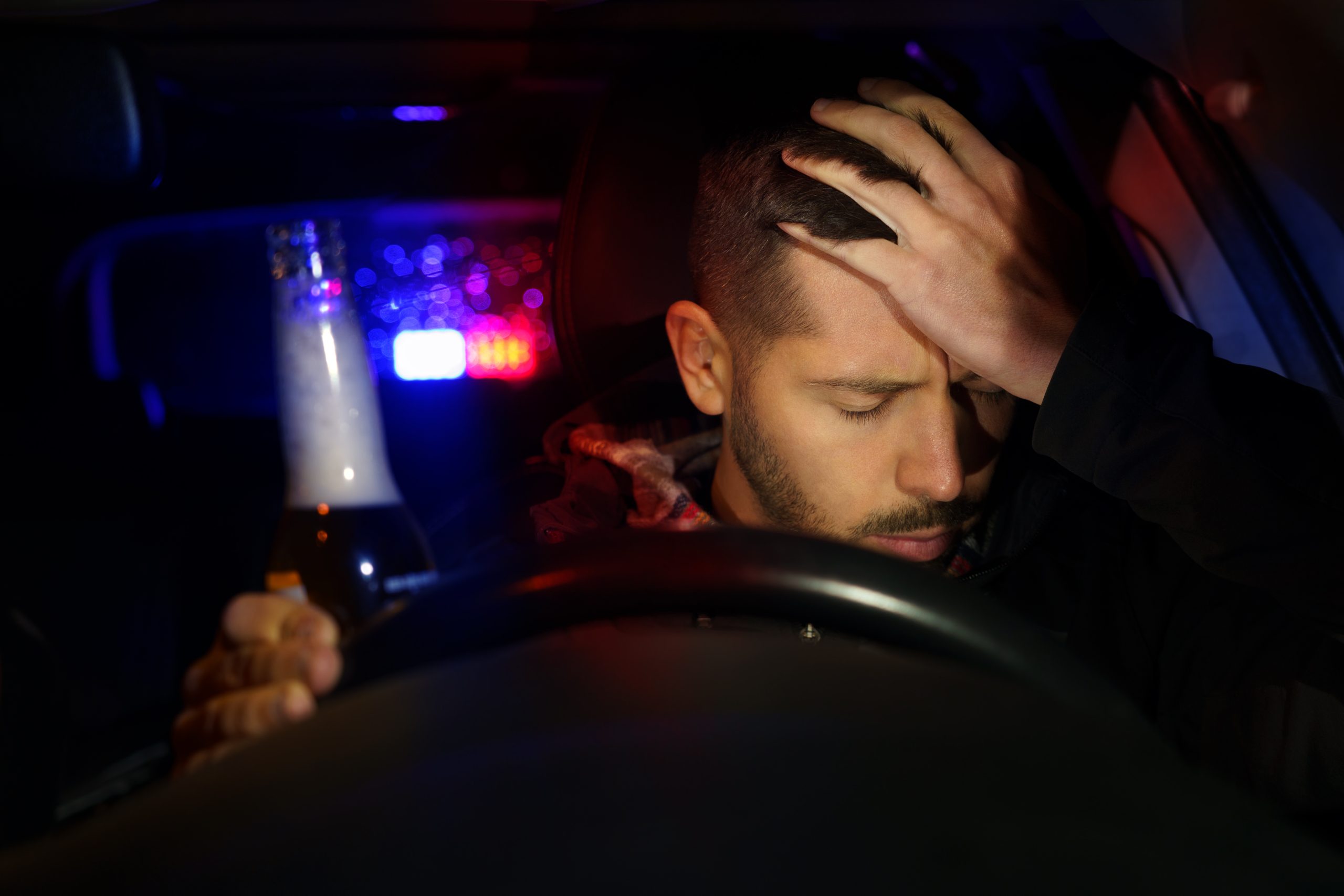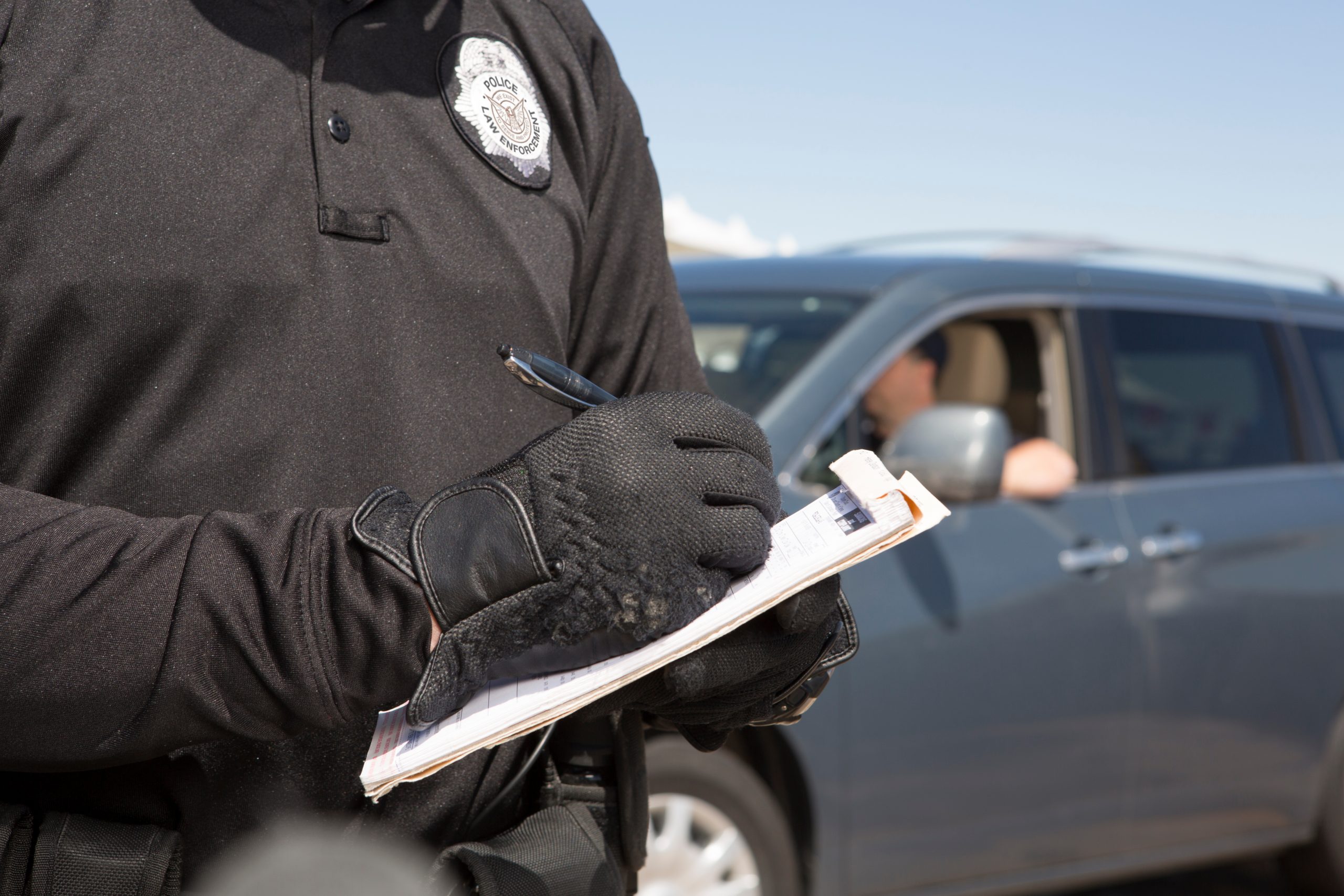Understanding DUI and Traffic Violations in Schenectady, NY
Navigating legal issues related to traffic violations and DUI charges in Schenectady, New York, often requires the expertise of specialized attorneys who understand the local laws and court procedures. The role of DUI and traffic ticket lawyers in Schenectady is critical in providing guidance, representation, and support for individuals facing these legal challenges.
Schenectady, nestled in the Capital Region of New York, is not immune to traffic violations or DUI incidents. Traffic violations can range from speeding tickets to more severe offenses like reckless driving, all of which can have significant repercussions beyond financial penalties. Accumulating points on a driver’s license can lead to increased insurance rates and potentially license suspension. Similarly, DUI charges (referred to as Driving While Intoxicated or DWI in New York) are taken seriously in Schenectady. A DWI charge can result from driving with a blood alcohol concentration (BAC) exceeding the legal limit or impairment by drugs. The legal limit for BAC in New York is 0.08% for non-commercial drivers aged 21 and older.
The Role of Lawyers in Schenectady
Lawyers specializing in traffic violations and DUI charges play a crucial role in supporting individuals facing these legal issues. Their responsibilities extend beyond legal representation; they often serve as advisors, offering guidance on navigating the intricacies of the legal system. These lawyers possess in-depth knowledge of New York’s traffic laws and the local court system in Schenectady, enabling them to provide comprehensive support to their clients.
Why Seek Legal Representation?
There are several reasons why individuals facing DUI charges or traffic violations in Schenectady seek legal representation:
- Understanding the Law: DUI and traffic ticket lawyers are well-versed in New York state laws regarding traffic violations and impaired driving. They can explain the legal consequences, potential penalties, and available defense strategies to their clients.
- Defense Strategy: Lawyers specializing in these cases can analyze the circumstances surrounding the charges, evaluate the evidence, and develop a tailored defense strategy. They may challenge the legality of the traffic stop, question the accuracy of test results, or negotiate for reduced charges.
- Courtroom Representation: Lawyers represent their clients in court, advocating for their rights and presenting a compelling case on their behalf. Their experience in the courtroom allows them to navigate legal proceedings effectively.
- Minimizing Consequences: With their expertise, lawyers aim to minimize the consequences of traffic violations or DUI charges, such as reducing fines, preventing license suspension, or seeking alternative resolutions.
Choosing the Right Lawyer in Schenectady
Selecting the right lawyer is crucial when facing traffic violations or DUI charges. Factors to consider when choosing a lawyer in Schenectady include their experience in handling similar cases, their reputation within the legal community, their familiarity with local court procedures, and their communication skills. Clients often seek attorneys who demonstrate dedication and a commitment to achieving favorable outcomes for their cases. The services provided by DUI and traffic ticket lawyers in Schenectady, NY, are essential for individuals navigating legal challenges stemming from traffic violations or impaired driving charges. Their expertise, legal counsel, and courtroom representation offer crucial support to individuals seeking to mitigate the consequences and protect their rights in such cases.
Understanding a DUI Traffic Ticket in New York
In New York State, a DUI refers to driving under the influence of alcohol or drugs, which is typically classified as Driving While Intoxicated (DWI). The state has strict laws regarding impaired driving to ensure road safety and reduce the risks associated with operating a vehicle while under the influence. A person can get charged with a DUI in New York under various circumstances, primarily related to being impaired while driving. Here are the key aspects and scenarios that can lead to a DUI charge in the state:
Blood Alcohol Concentration (BAC) Limit: In New York, the legal limit for blood alcohol concentration (BAC) is 0.08% for drivers aged 21 and older operating a non-commercial vehicle. For commercial drivers, the limit is lower at 0.04%. For drivers under 21, there’s a zero-tolerance policy, meaning any detectable amount of alcohol in their system can result in a DUI charge.
Driving While Impaired by Drugs: The DUI charge doesn’t only apply to alcohol; it also encompasses driving while impaired by drugs, whether prescription, over-the-counter, or illegal substances. If law enforcement determines that a driver is impaired by drugs and their ability to operate a vehicle safely is compromised, they can be charged with a DUI.
Field Sobriety Tests and Chemical Tests: Law enforcement officers in New York conduct field sobriety tests and may request a driver suspected of impairment to undergo a chemical test, such as a breathalyzer, blood, or urine test. Refusal to submit to a chemical test can lead to administrative penalties, including license suspension, independent of any criminal charges.
Penalties for DUI in New York: The penalties for a DUI conviction in New York can vary based on factors like prior offenses, BAC level, and circumstances of the incident. They may include fines, license suspension or revocation, mandatory participation in alcohol education programs, community service, and even jail time for repeat or aggravated offenses.
Aggravating Factors: Certain situations can exacerbate DUI charges in New York. Aggravating factors such as causing accidents resulting in injury or death, having a significantly high BAC level, or driving with a suspended or revoked license can lead to enhanced penalties.
Ignition Interlock Device (IID): In some cases, the court may require the installation of an Ignition Interlock Device (IID) in the offender’s vehicle. This device measures BAC levels and prevents the vehicle from starting if alcohol is detected.
It’s crucial to note that DUI laws and penalties can be complex and vary depending on individual circumstances and prior offenses. Seeking legal counsel is highly recommended if charged with a DUI in New York to understand the specifics of the case, assess available defenses, and navigate the legal process effectively.
Seek Legal Representation
Getting a ticket, whether for a traffic violation or a DUI, can be an incredibly stressful experience. It’s not just about the financial implications—although fines can be hefty—it’s also the potential impact on your driving record, insurance rates, and overall peace of mind. The stress often arises from the uncertainty of the situation: not knowing the best course of action, fearing the consequences, and feeling overwhelmed by the legal process. Legal representation becomes crucial in these circumstances for several reasons. Firstly, navigating the legal system can be complex and intimidating, especially for someone unfamiliar with its intricacies. Lawyers specializing in traffic violations or DUIs understand the nuances of the law, the potential defenses available, and the procedures required to navigate these cases effectively. They become a guiding force, providing clarity on the options available and alleviating the burden by shouldering the legal responsibilities.
Moreover, the expertise of a lawyer can significantly impact the outcome of the case. They can analyze the circumstances surrounding the ticket or DUI charge, assess the evidence, and craft a defense strategy tailored to the specific situation. From challenging the legality of the stop or testing procedures to negotiating for reduced penalties, legal representation can often mitigate the severity of consequences. Ultimately, having a skilled attorney advocating for your rights and representing your interests can alleviate the stress of the situation and potentially yield a more favorable outcome.
What To Do (and Not To Do) After Your DUI
Dealing with a DUI charge can be a stressful and overwhelming experience. In the aftermath of such an incident, knowing what steps to take—and what to avoid—can significantly impact the outcome of your case and your overall well-being. Understanding the dos and don’ts after being charged with a DUI is crucial to navigate this challenging situation effectively.
The Dos:
- Seek Legal Representation: One of the first and most important steps to take after being charged with a DUI is to seek legal representation. Consult with an experienced DUI attorney as soon as possible. A knowledgeable lawyer specializing in DUI cases can guide you through the legal process, explain your rights, and build a defense strategy tailored to your situation.
- Follow Legal Procedures: Adhere to all legal requirements and procedures following the DUI charge. This includes attending court dates, hearings, and any other legal proceedings as instructed. Failing to comply with these obligations can worsen the situation and lead to additional penalties.
- Stay Informed, Ask Questions: Educate yourself about the DUI laws in your state and the potential consequences you might face. Ask your attorney about the possible outcomes of your case, available defense strategies, and any concerns you may have. Staying informed allows you to actively participate in your defense.
- Document Details: Take notes and gather information about the incident while it’s fresh in your mind. Record the events leading up to the arrest, including the time, location, and interactions with law enforcement. This information can be crucial in building your defense.
- Consider Behavioral Changes: Use this experience as an opportunity to reassess your choices and consider making positive changes. This might involve seeking counseling or attending support groups to address any underlying issues related to alcohol consumption.
The Don’ts:
- Don’t Discuss Details Without Legal Counsel: Refrain from discussing the specifics of the incident with anyone, especially law enforcement or on social media, without the guidance of your attorney. Anything you say can potentially be used against you in court.
- Avoid Missing Court Dates or Deadlines: Missing court appearances or failing to meet deadlines can result in additional legal consequences, including warrants for your arrest or license suspension. Ensure you are present for all scheduled court appearances and comply with any legal deadlines.
- Avoid Further Legal Issues: Refrain from engaging in any activities that might lead to additional legal trouble. This includes abstaining from drinking and driving, following traffic laws diligently, and refraining from any behavior that might raise suspicions or prompt further legal action.
- Don’t Assume Guilt: Regardless of the circumstances, avoid assuming guilt or accepting responsibility without the guidance of legal counsel. Your attorney can help assess the case, investigate the evidence, and determine the best course of action.
- Avoid Neglecting Your Defense: Take the DUI charge seriously and prioritize your defense. Ignoring or neglecting the situation can exacerbate its consequences. Work closely with your attorney to actively participate in building a robust defense strategy.
Navigating a DUI charge requires careful consideration of actions taken in the aftermath of the incident. Following these dos and don’ts can help you protect your rights, understand the legal process, and work towards the best possible outcome in your DUI case. Remember, seeking guidance from an experienced attorney is key to effectively navigating this challenging situation.
DUI Ticket FAQ
1. What are the consequences of a DUI conviction?
- A DUI conviction in most cases can lead to significant penalties, including fines, license suspension or revocation, potential jail time, mandatory participation in alcohol education programs, increased insurance rates, and the installation of an Ignition Interlock Device (IID). The severity of consequences can vary based on factors like prior offenses, BAC level, and circumstances of the incident.
2. Should I hire a lawyer if I’ve been charged with a DUI?
- Yes, it’s highly advisable to hire a lawyer specializing in DUI cases. A skilled attorney can assess your case, explain your rights, and develop a defense strategy tailored to your situation. They can navigate complex legal procedures, negotiate with prosecutors, and potentially minimize the penalties or seek alternative resolutions.
3. How can a DUI lawyer help my case?
- A DUI lawyer brings expertise in navigating DUI laws, court procedures, and potential defenses. They can challenge the evidence, question the legality of the stop or testing procedures, negotiate for reduced charges or penalties, and represent you in court. Their goal is to protect your rights and achieve the best possible outcome for your case.
4. Can’t I just represent myself in a DUI case?
- While individuals have the right to represent themselves, DUI cases can be intricate, involving legal complexities and potential consequences that may not be immediately apparent. Lawyers specializing in DUI cases have extensive knowledge of the law, courtroom experience, and negotiation skills that can significantly impact the outcome of your case. Their expertise can help navigate the legal system more effectively.
5. What should I look for when hiring a DUI lawyer?
- When choosing a DUI lawyer, consider their experience in handling DUI cases, their track record of successful outcomes, their familiarity with local court procedures in your area, and their communication style. Additionally, seek an attorney who listens to your concerns, explains the legal process clearly, and makes you feel comfortable throughout the proceedings. Consulting with multiple lawyers can help you find the right fit for your case.



